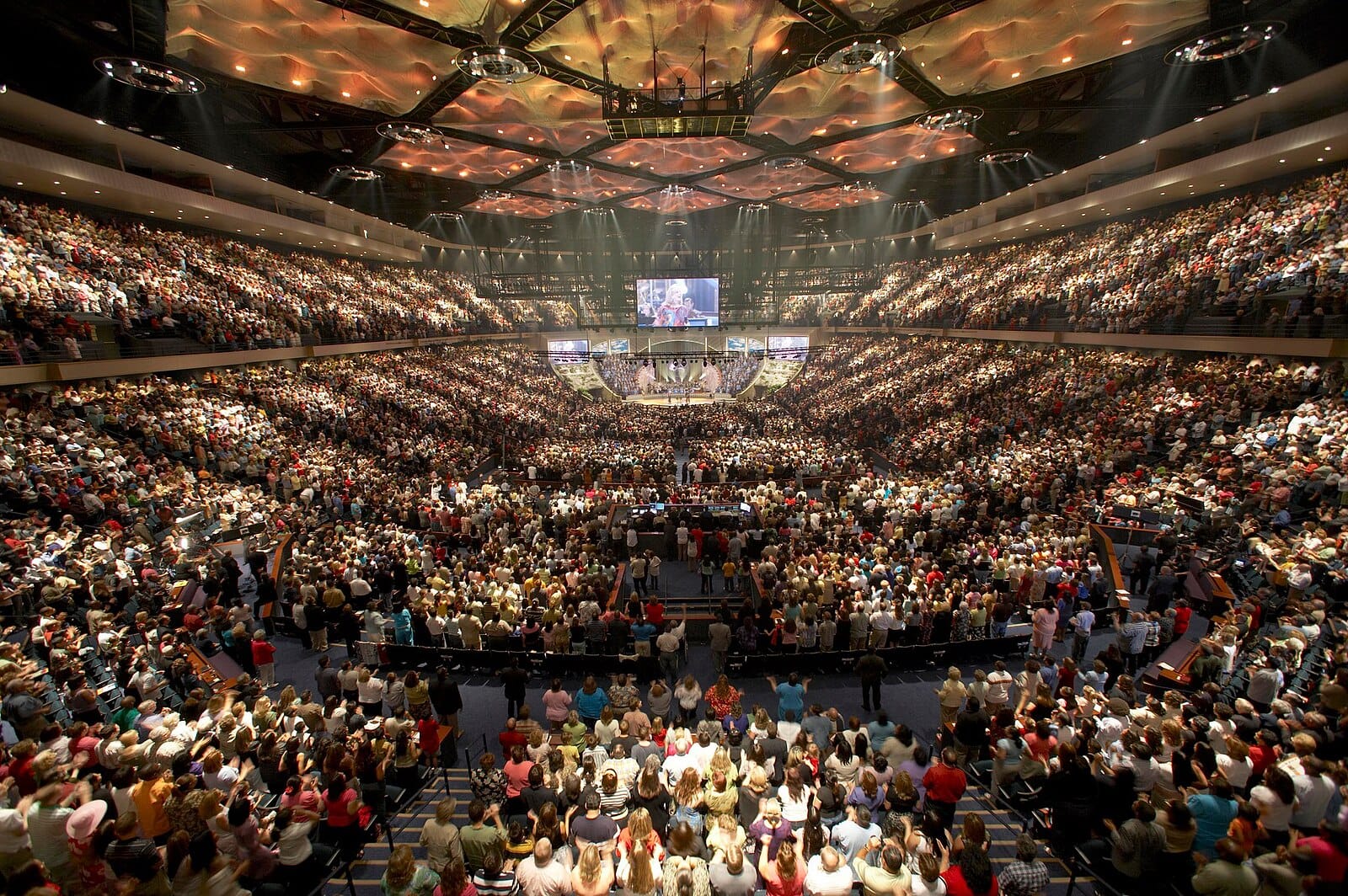By Joshua Majeski
As an Evangelical Christian, I never thought hearing the phrase “Christ is King” would make me cringe. But in the last couple of years, I've seen this basic articulation of Christian faith used in a way that makes me feel a combination of anger, shame, and confusion. At this moment, Christian Nationalism is strongly gripping the minds of many in America, holding the attention of many who do and do not belong to the Christian faith, including myself. So when I listened to Isaac’s recent interview with Haviv Gur, I was struck by some similarities between the Salafist narrative of Hamas, as told by Gur, and the mindset of Christian Nationalists.
I am a white midwestern Evangelical. I am not a historian. I am not an expert on history, politics, or the Islamic faith tradition. I am a fairly well read individual who tries to see outside of his immediate environment, geographic and ideological, while still holding true to the claims of Christianity. I am best positioned to speak about the beliefs and attitudes of people from my background and within my faith system, but I believe there is a pattern in all human behavior that is revealed in the parallels between the animating beliefs of Hamas, as Gur expressed it, and thought process behind Christian Nationalism that is telling of human nature. As I’ve seen this element of human nature embedded in Christian Nationalism, I’ve also seen its counterpoint in the central focus of the Christian faith.
